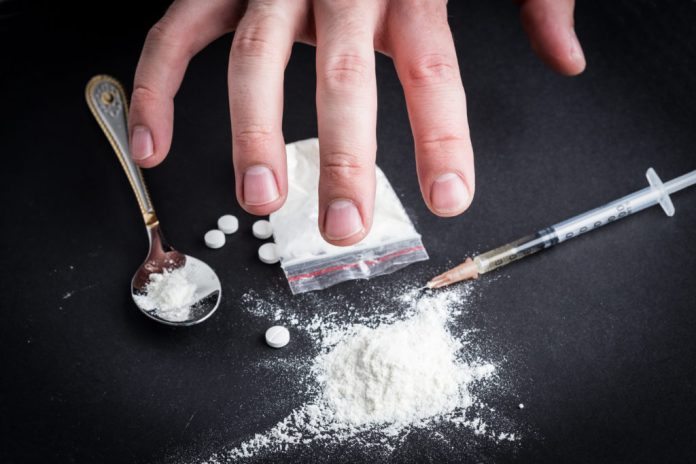You must have heard about the danger of using drugs on one’s body. Cocaine is among the most dangerous ones. It can cause people to become addicted to it in a couple of trials. If you are wondering why people are using it despite knowing its adverse and fatal consequences, you must know that the drug is highly stimulating. It causes people to experience the euphoric zone of their subconscious mind. Hence, people who get the taste of euphoria want to experience it again and again. This is how they become addicted to this dangerous drug. When you are getting prepared for a drug test, it becomes essential to understand how long does cocaine stay in your blood. Read this article to know more.
Table of Contents
Variables determining how long does cocaine stay in your blood
How long does cocaine stay in your blood varies widely among people. Several factors affect it.
Rate of metabolism
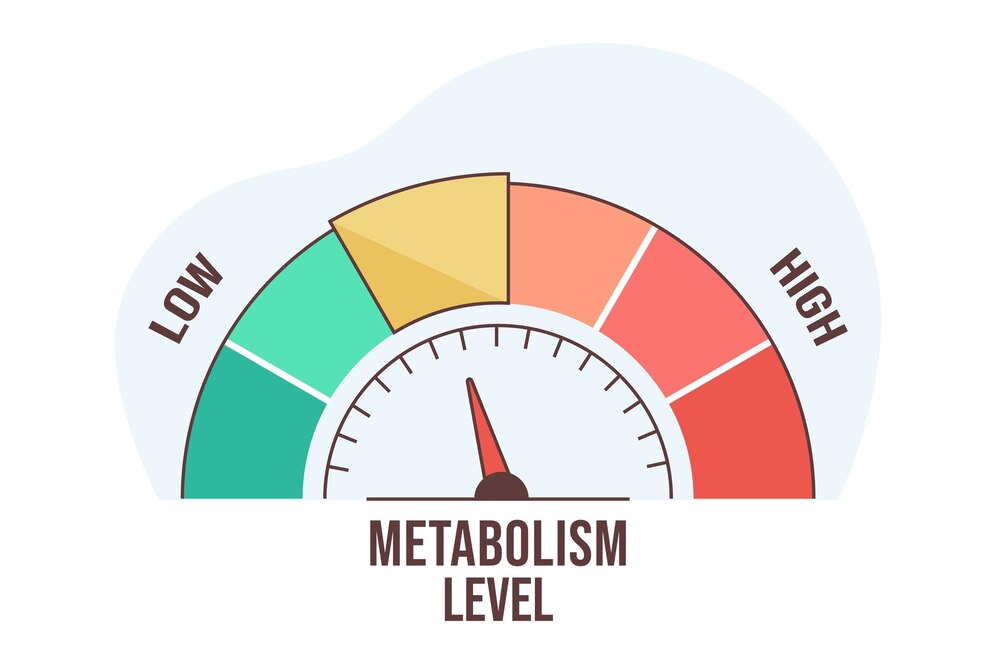
The person’s metabolism is one critical consideration. People with faster metabolisms frequently process cocaine at a faster rate than people with slower metabolic rates. than that of individuals with a slower metabolic rate.
How Cocaine Is Consumed

There are multiple methods to consume cocaine: smoking, through a vein, or swallowing. The speed at which cocaine is metabolized varies depending on the mechanism used to deliver it into the body. For example, when coke is inhaled or infused, it metabolizes more quickly than whenever it is sniffed or consumed orally.
How Much and How Often Cocaine Is Used
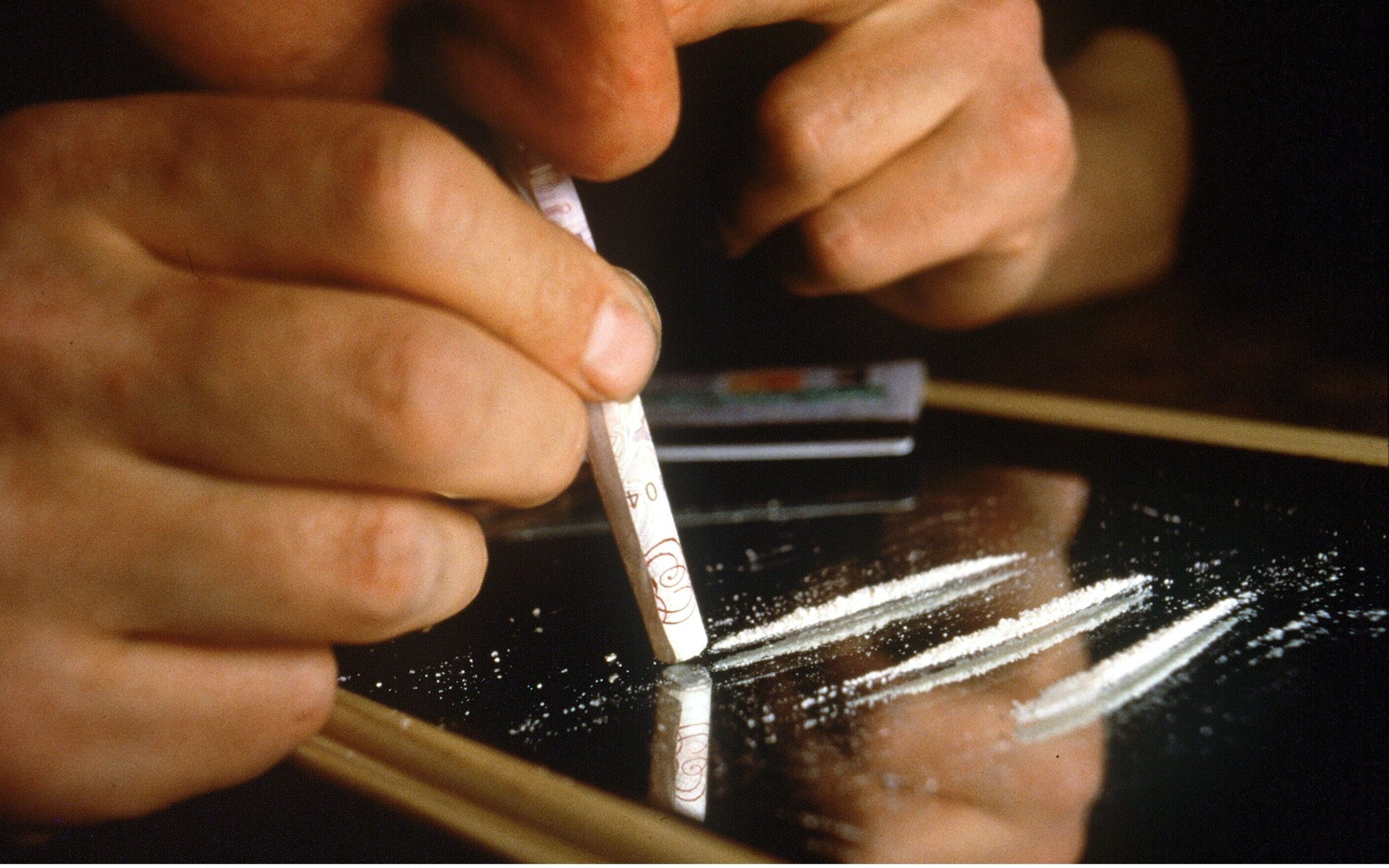
How long does cocaine stay in your blood depends on several significant parameters, including frequency and quantity of use. Cocaine buildup may result from heavy and prolonged use of the substance. The prolonged presence of byproducts in the body can attribute to the inadequate period for the system to completely metabolize the drug before the administration of the subsequent dose. However, a smaller detection window could be the outcome of infrequent, low-dose use.
Drinking Water and Eating Right

Changes in hydration and food can affect how the body breaks down and eliminates cocaine. Drinking plenty of water and eating a healthy diet helps facilitate the drug’s faster removal from the body. Conversely, malnourishment and lack of water might slow down metabolism and increase the time window within which cocaine is detected.
Different drug testing methods for cocaine
Many different kinds of drug testing can identify cocaine, among many others, in the human body. There is a distinct detection window for each approach. Numerous things impact it, including the user’s metabolic rate, amount of use, and general health.
Tests for Blood
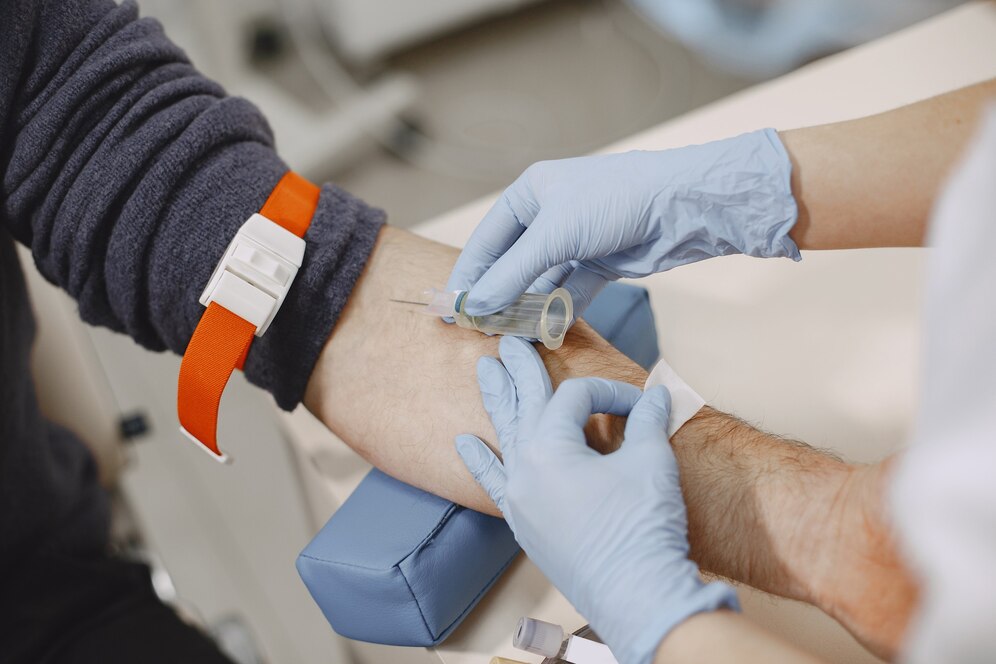
After use, the bloodstream quickly absorbs cocaine . It can, therefore, be in your blood in a couple of minutes. The window for detecting cocaine in the blood, however, is not that long. One accurate method of determining whether cocaine is present in the body is by blood testing. They do, however, have a small detection window. After using cocaine, blood levels can usually be in the system 1-2 hours later. It can remain detectable for 1 to 2 days at most. Because of this, blood tests are the best at identifying recent use. Remember that just having cocaine in your blood does not always mean that you are impaired or that you have used it recently. Upon testing, the effects of the drug may have worn off by then.
Tests for Urine

The most popular technique for determining whether cocaine is present in the body is urine testing. Compared to how long does cocaine stay in your blood, urine testing allows for the longer-term detection of coke and its byproducts. Benzoylecgonine, cocaine’s primary metabolite, is what they find instead of cocaine itself. For those who take this substance infrequently, it can be in their urine for 2 to 4 days. It may be evident for as long as two weeks, though, for heavy or persistent users.
Tests on Saliva

Oral fluid testing is another name for saliva testing. It’s an additional technique for locating cocaine. A simple and minimally invasive method of checking for cocaine use is by saliva testing. Saliva can contain cocaine for a few minutes after consumption and for 1 to 2 days after that. Comparatively speaking to other techniques, the window for drug identification in saliva is somewhat small. Nonetheless, some research indicates that cocaine may be visible in the saliva of heavy users for as long as a week.
Tests on Hair strands
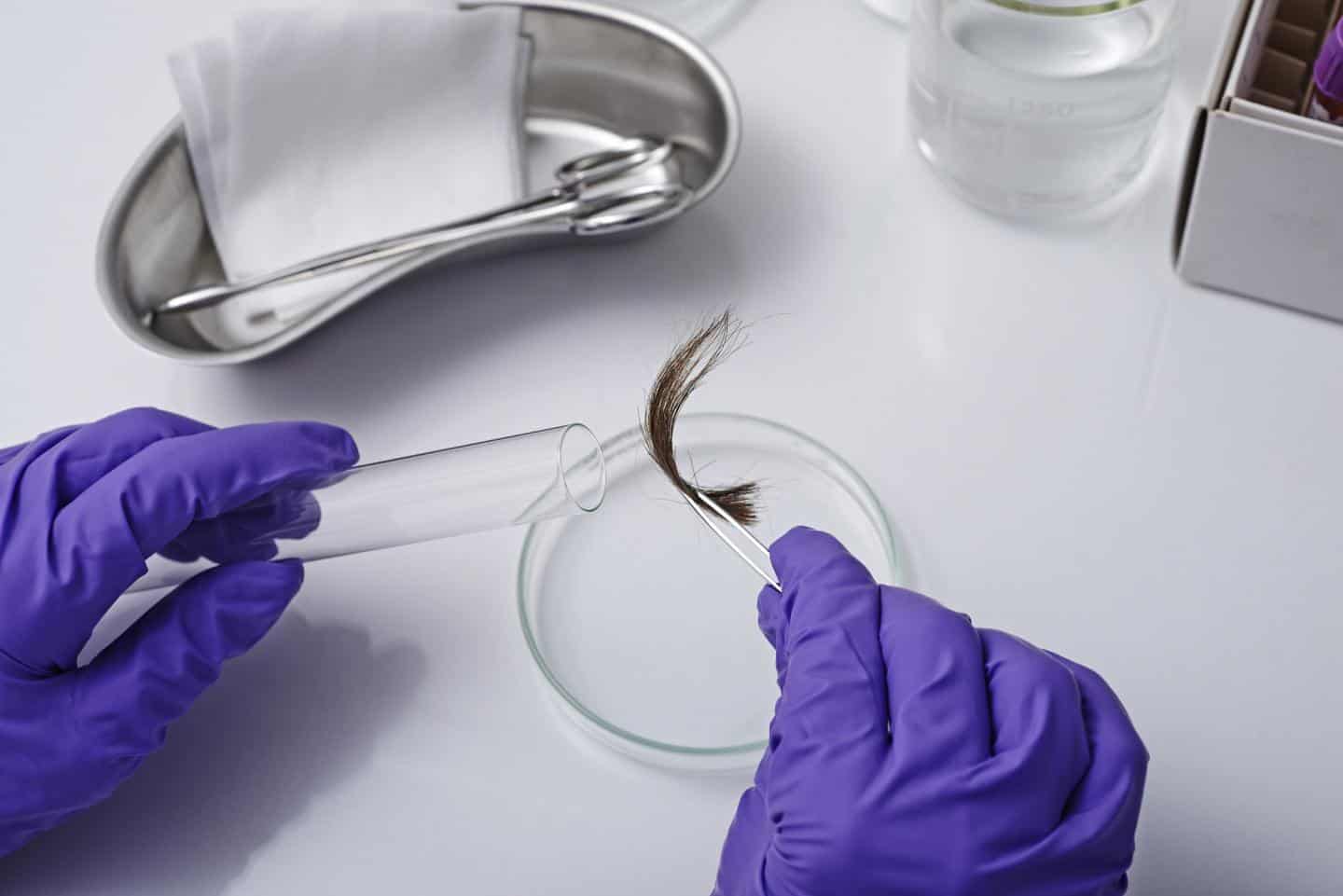
One technique to identify long-term drug use is hair testing. It can offer an account of cocaine use in the past. This is due to the hair’s ability to absorb cocaine and their byproducts during growth. For up to 3 months following usage, cocaine can still be in hair follicles. That being said, this approach is not as popular. It is because of how much it costs and how long it takes to see the effects. It is crucial to remember that hair testing cannot pinpoint the precise moment or rate of drug usage.
Final words
Lifestyle and health variables influence how long cocaine stay in your blood. Comprehending these variables might offer valuable perspectives on the hazards linked to cocaine consumption and the possible repercussions for those who might go for drug testing. The specific amount of time it takes for the body to process cocaine differs from person to person, which adds another layer of complexity to the subject of how long cocaine stays in the system. It is advisable to get professional assistance for a comprehensive assessment and suitable cocaine addiction therapy when you or anybody you care about is experiencing cocaine addiction.
FAQs
Q1. What impact does cocaine have on mental health?
Cocaine use can result in psychosis, apprehension, melancholy, anxiety, and other mental health problems in those who are prone to mental health problems.
Q2. Do drugs have an impact on friendships and family connections?
Different people react differently to drugs. Some experience mood swings, aggression, rage, drowsiness, lack of motivation, paranoia, anxiety, or talkativeness. Drug abuse can result in mental and social issues as well as harm to friendships and family ties.
Q3. How do you avoid the risks associated with drugs?
Giving up narcotics is the safest course of action. When given cocaine, most individuals decline. Avoiding situations where you feel under pressure to use drugs is the best course of action. Associate yourself with non-drugusing people instead.
Q4. What dangers may cocaine use pose to a pregnant person?
Cocaine consumption has no safe dosage. Cocaine usage during pregnancy links to stillbirth, early labor, hemorrhage, and miscarriage. Its usage during the prenatal period increases the risk of intoxication and agitated, hyperactive newborns. Babies whose moms routinely use cocaine may experience withdrawal symptoms. Among them include the inability to fall asleep and lack of response. Cocaine can enter the body of a newborn through breast milk. The infant may exhibit signs including irritability, uneasiness, and difficulty feeding.

